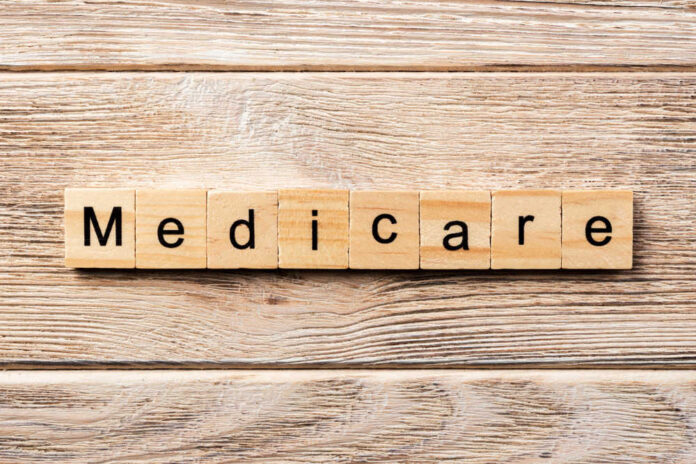
Medicare is a federally funded healthcare program that provides healthcare coverage for people 65 years and older and some younger people with disabilities. It is an important program for many Americans, but there have been concerns about its financial sustainability.
In fact, the 2022 annual report from the Board of Trustees overseeing the Medicare Hospital Insurance (HI) trust fund suggested that, without new legislation, Medicare may become insolvent by 2028.
What is Medicare?
Medicare is a national healthcare program that the Centers administer for Medicare and Medicaid Services (CMS), a federal agency. It provides healthcare coverage for people who are 65 years and older, as well as some younger people with disabilities.
There are four parts to Medicare: Part A (hospital insurance), Part B (medical insurance), Part C (Medicare Advantage plans), and Part D (prescription drug coverage).
● Part A covers hospital stays, skilled nursing facilities, and some home health care. It is funded through payroll taxes and premiums paid by beneficiaries.
● Part B covers medical services such as doctor visits, outpatient care, and some preventive services. It is funded through premiums paid by beneficiaries and general revenue from the federal government.
● Part C, also known as Medicare Advantage, is an alternative to Original Medicare (Parts A and B). It is offered by private insurance companies and provides the same coverage as Original Medicare but may also include additional benefits such as vision, hearing, and dental coverage. These plans are funded through a combination of premiums paid by beneficiaries and payments from the federal government.
● Part D is a prescription drug plan that is offered by private insurance companies. It helps cover the cost of prescription drugs for people with Original Medicare or a Medicare Advantage plan. It is funded through premiums paid by beneficiaries and payments from the federal government.
Why Is Medicare Running Out of Money?
There have been concerns about the financial sustainability of Medicare for several reasons.
One reason for concern is the aging of the population.
Approximately 10,000 baby boomers turn 65 years old every day. By 2030, it is estimated that 20% of the US population will be 65 years old and eligible for Medicare.
Additionally, life expectancy continues to increase, so more people are living longer. And along with that comes an increase in the number of people living with age-related conditions and chronic illnesses.
Another reason is the increasing cost of healthcare. Healthcare costs have been rising fast, which means that Medicare has to pay more for the same services. This puts an additional strain on the program’s finances.
What is Being Done to Address This?
Many ideas have been proposed as ways to address the financial sustainability of Medicare. Unfortunately, each of these ideas has drawbacks and critics, and it is not clear which ideas may be most feasible.
Possible solutions include:
● Increase the payroll tax that funds the program
● Close tax loopholes that allow people to avoid paying their fair share.
● Implement value-based payment models to reduce the cost of healthcare
● Introduce means-tested premiums, requiring people with higher incomes to pay higher premiums for their Medicare coverage
● Reduce waste and fraud within the program
● Explore options for reducing the cost of prescription drugs, such as negotiating lower prices with pharmaceutical companies or allowing the importation of prescription drugs from other countries
● Encourage people to enroll in Medicare Advantage plans, which may offer additional benefits and may be more cost-effective for the program
● Explore options for providing coverage for long-term care services, which are currently not covered by Medicare
● Increase cost-sharing for certain services or benefits, such as raising the deductible for Part B coverage or requiring copays for certain services
● Consider options for increasing the eligibility age for Medicare, such as gradually increasing the age of eligibility over time






















